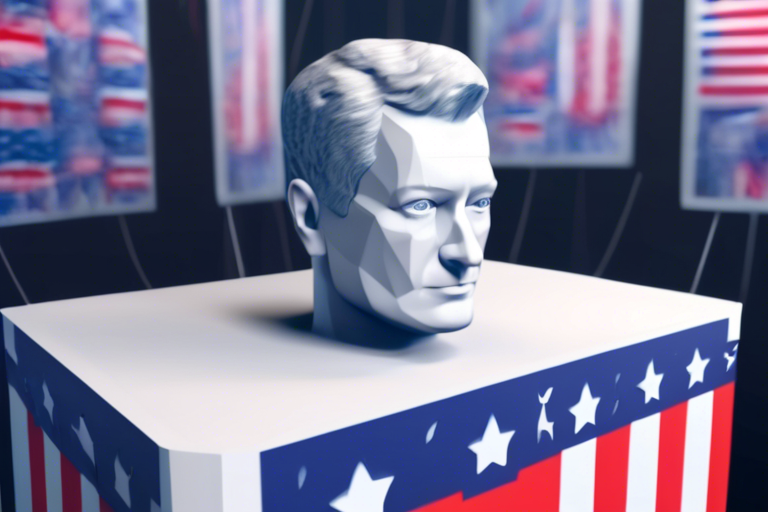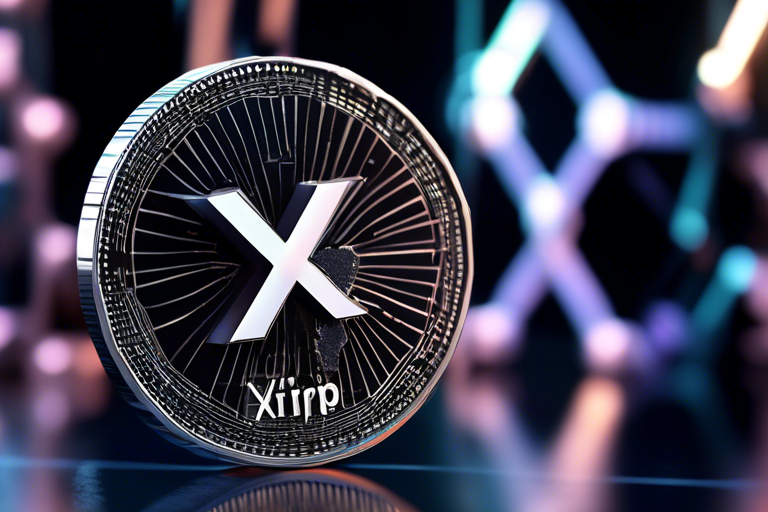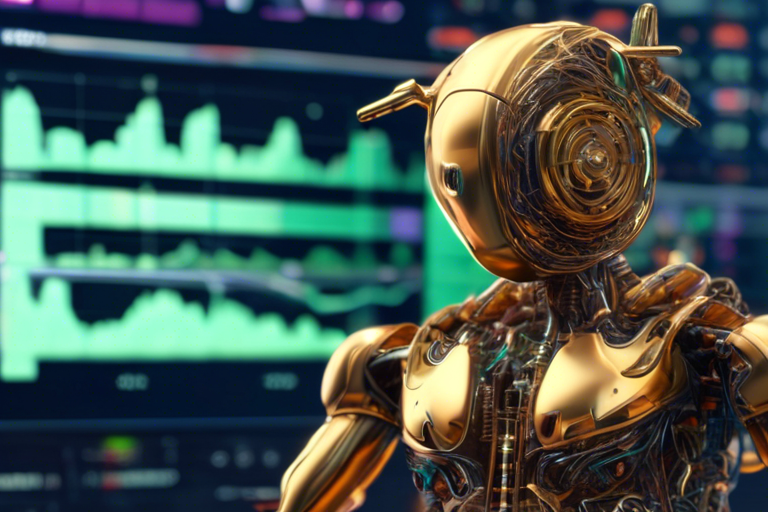Artificial Intelligence and Elections
Are you aware of how much artificial intelligence (AI) is meddling in elections worldwide? Data scientists are closely monitoring the impact of AI and deep fakes on global elections, with particular attention on the upcoming general election in Britain. This year, over 2 billion people are eligible to vote in elections across the globe, making it vital to understand the influence of AI. The Alan Turing Institute conducted a study of 12 national elections from January 2023, revealing AI interference in 19 cases. While there is no clear evidence that AI significantly influenced election results, experts caution that the misuse of AI could undermine the democratic process by eroding trust in governments and information sources, deepening political polarization, and fostering echo chambers.
Threats Posed by AI in Elections
As AI and deep fake technologies become increasingly sophisticated, distinguishing between fact and fiction becomes more challenging. Oxford Professor Sandra VOR warns that algorithms quietly shape an online world tailored to voters, potentially nudging them without their awareness. This perfect storm creates an environment ripe for election interference, where traditional methods of verifying information may no longer suffice. For instance, during India’s general election, deep fake videos featuring Bollywood stars criticizing Prime Minister Narendra Modi circulated online. This highlights the pressing need for regulators to intervene and address the risks posed by deep fakes.
- Deep fakes can be entertaining and imaginative, but they also present serious risks due to the lack of regulation and validation mechanisms.
- Despite efforts by platforms like Facebook, Twitter, and YouTube to ban deep fakes, enforcement remains inconsistent.
- The Alan Turing Institute calls for regulatory guidance and voluntary agreements on the ethical use of AI in political campaigns.
Challenges and Solutions
Rich Turner from the identity security firm CyberArk demonstrated how easily a credible deep fake of a voice can be generated, emphasizing the urgent need for regulatory measures to address this issue. While technology has enabled the creation of compelling and convincing deep fakes, the absence of mechanisms for accountability and validation poses a significant challenge. Legal frameworks and oversight mechanisms must be established to combat the spread of misleading information and safeguard the integrity of elections. It is crucial for regulators and legislators to collaborate in developing strategies to address the evolving threat posed by AI and deep fakes.
Looking Ahead
With US officials divided on whether political ads generated by AI should be mandated to disclose their origin, the role of data scientists in monitoring and analyzing election trends becomes increasingly important. As technology continues to advance, the potential for AI to influence election outcomes cannot be underestimated. By remaining vigilant and proactive in addressing the risks associated with AI interference, stakeholders can safeguard the democratic process and uphold the integrity of elections worldwide.
Hot Take: Safeguarding Elections in the Age of AI
As we navigate the evolving landscape of AI and its impact on elections, it is essential to prioritize transparency, accountability, and ethical use of technology. By fostering collaboration between stakeholders, regulators, and technology companies, we can mitigate the risks posed by AI interference and uphold the integrity of democratic processes. Data scientists play a crucial role in monitoring and analyzing election trends to detect and prevent malicious AI activities. As we confront the challenges posed by AI meddling in elections, let us remain vigilant and proactive in defending the sanctity of democratic principles.





 By
By

 By
By
 By
By

 By
By